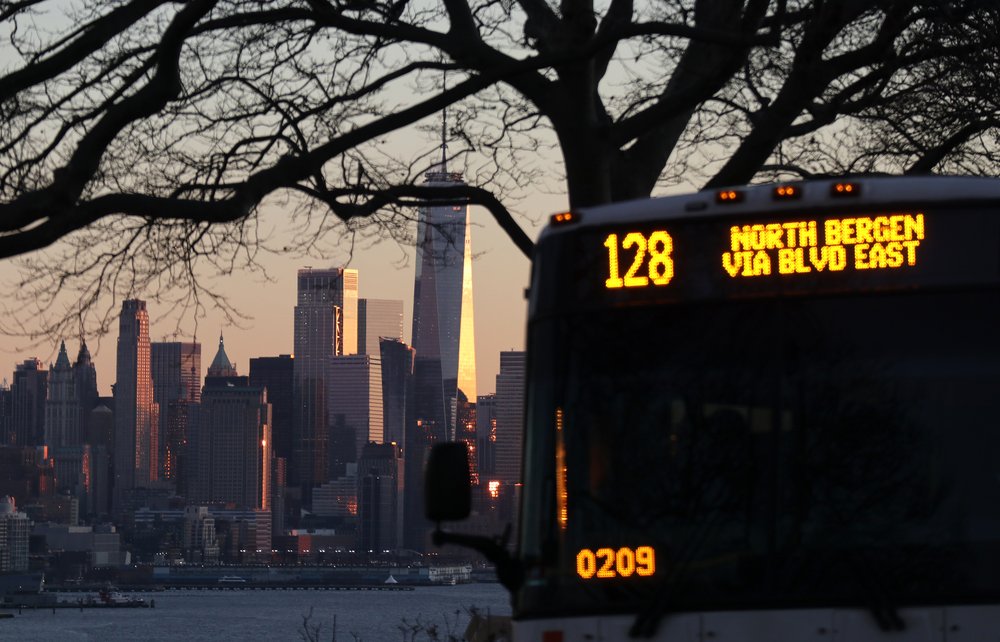NJ Transit plans to raise fares 15% on July 1, with more hikes to come
Jan. 24, 2024, 2:15 p.m.
The proposal marks the transit agency's first fare hike in nine years.

NJ Transit said on Wednesday it plans to raise fares statewide for its bus and train services by 15% starting July 1 — the transit agency's first proposed fare hike in nine years.
NJ Transit also said it plans to hike the price of rides by 3% annually starting in 2025.
As of July, a one-way train ride from Princeton Junction to Penn Station in New York would go up $2.40, from $16.00 to $18.40. A one-way bus ride from Toms River to the Port Authority in New York would rise $3.15, from $21.25 to $24.40. The one-way fare for Newark Light Rail would increase from $1.60 to $1.80.
The proposed increases come as NJ Transit faces a nearly $1 billion budget deficit in the coming fiscal years.
Last year, the state-owned agency projected its budget shortfall would reach $119 million for the fiscal year beginning this July. The shortfall could increase to $917 million in the fiscal year beginning in July 2025, and $957 million the following year, according to NJ Transit's four-year budget forecast.
The agency said ridership is now at 80% of pre-pandemic levels in its announcement on Wednesday, but the dip in ridership since the pandemic has resulted in severe revenue shortages, and federal funds used to shore up the difference will be exhausted in the coming fiscal year.
“The COVID pandemic exacerbated the agency’s structural funding deficit that has existed since NJ Transit was created more than 40 years ago,” the agency said in a release.
NJ Transit said it has also faced financial challenges resulting from increased fuel and material costs due to inflation; higher wage costs under union contracts; and rising health care costs. It said it undertook a series of cost reductions and "revenue enhancements," such as implementing 30-day expiration dates on all one-way tickets, but those were not enough to close the budget gap.
The agency said the fare hikes would close the remaining $106.6 million gap for the coming fiscal year while avoiding service cutbacks.
In a statement on Wednesday, state Senate President Nick Scutari said "continual fare increases" would not fix NJ Transit's budget problems.
"We simply cannot rely on everyday commuters to carry the burden of NJ Transit’s billion-dollar deficit, nor should we count on one-shot funding mechanisms to fill the hole," he said.
NJ Transit said it will hold a series of meetings allowing for public comment the first week of March at 10 locations around the state before the plan goes to its board of directors for a vote.
State Assembly Speaker Craig Coughlin said in a statement on Wednesday that the Legislature would "continue to explore options to help support transportation in the state."
"Before making a final decision, I urge the agency’s board to consider the impact higher fares will have on bus and train passengers who rely on NJ Transit’s service," said Coughlin. "I commend the agency for considering non-fare box savings and revenue enhancements to help close the budget gap."
MTA approves 1st subway fare hike since 2019 MTA says fare evasion crackdown coming to all NYC buses